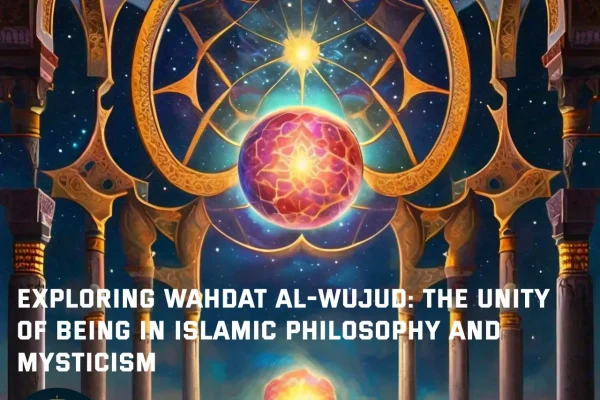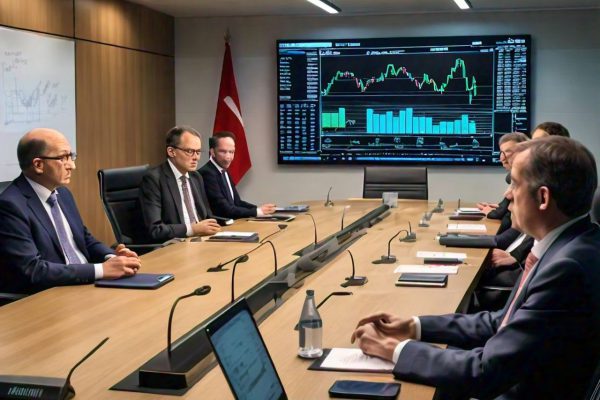
Exploring Wahdat al-Wujud: The Unity of Being in Islamic Philosophy and Mysticism
Wahdat al-Wujud, or the Unity of Being, is a profound concept in Islamic philosophy and mysticism. This comprehensive analysis delves into its origins, key scholars like Ibn Arabi and Rumi, Quranic and Hadith references, and its theological and philosophical implications. Discover how this doctrine explores the interconnectedness of all existence and the immanence of the divine.













